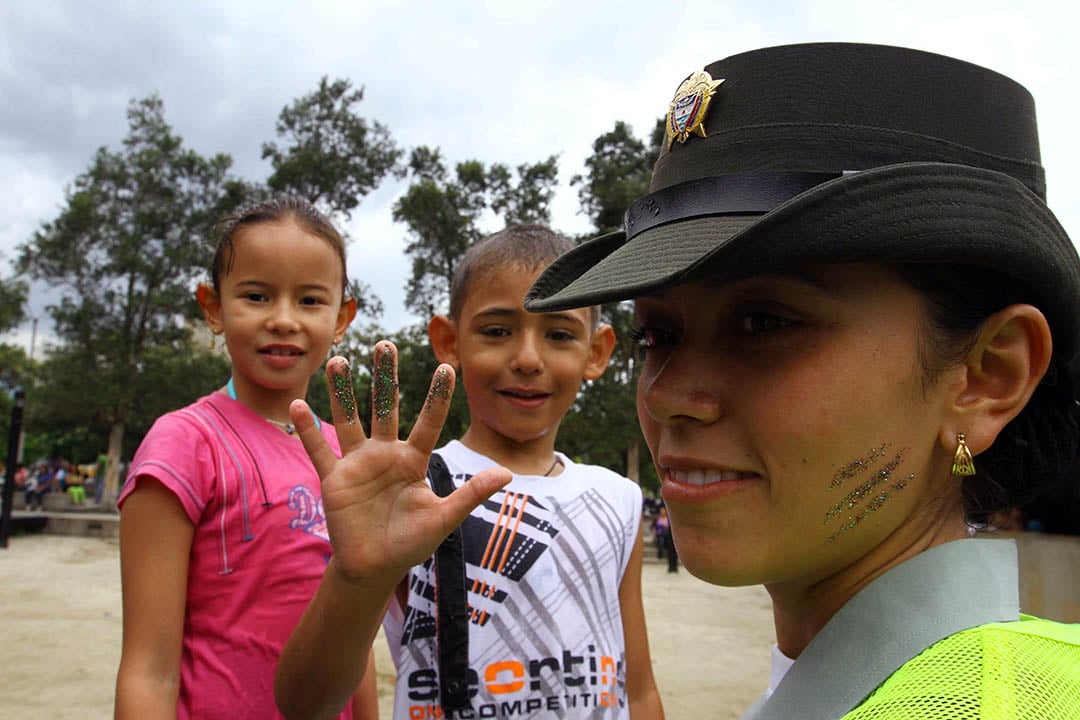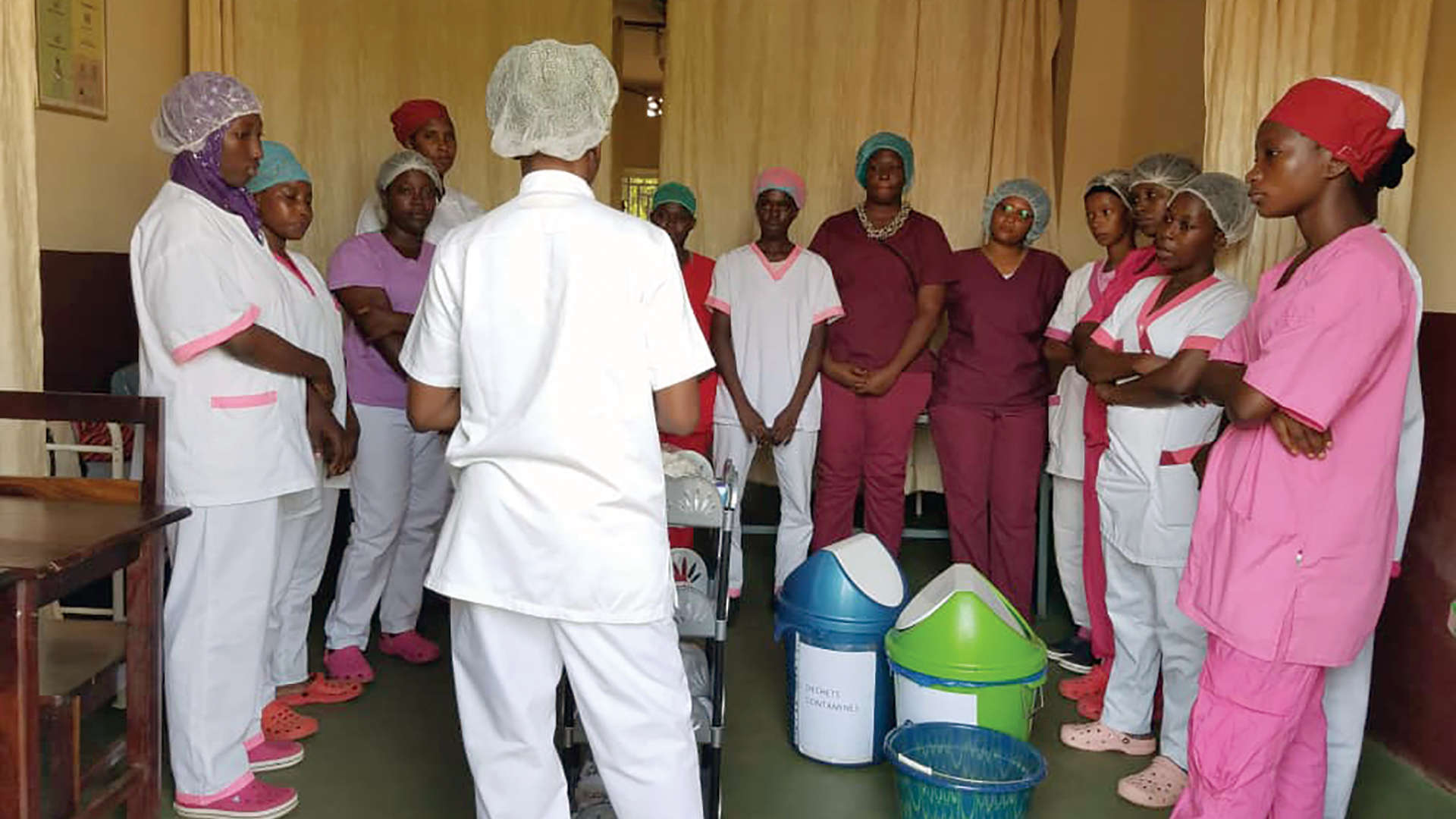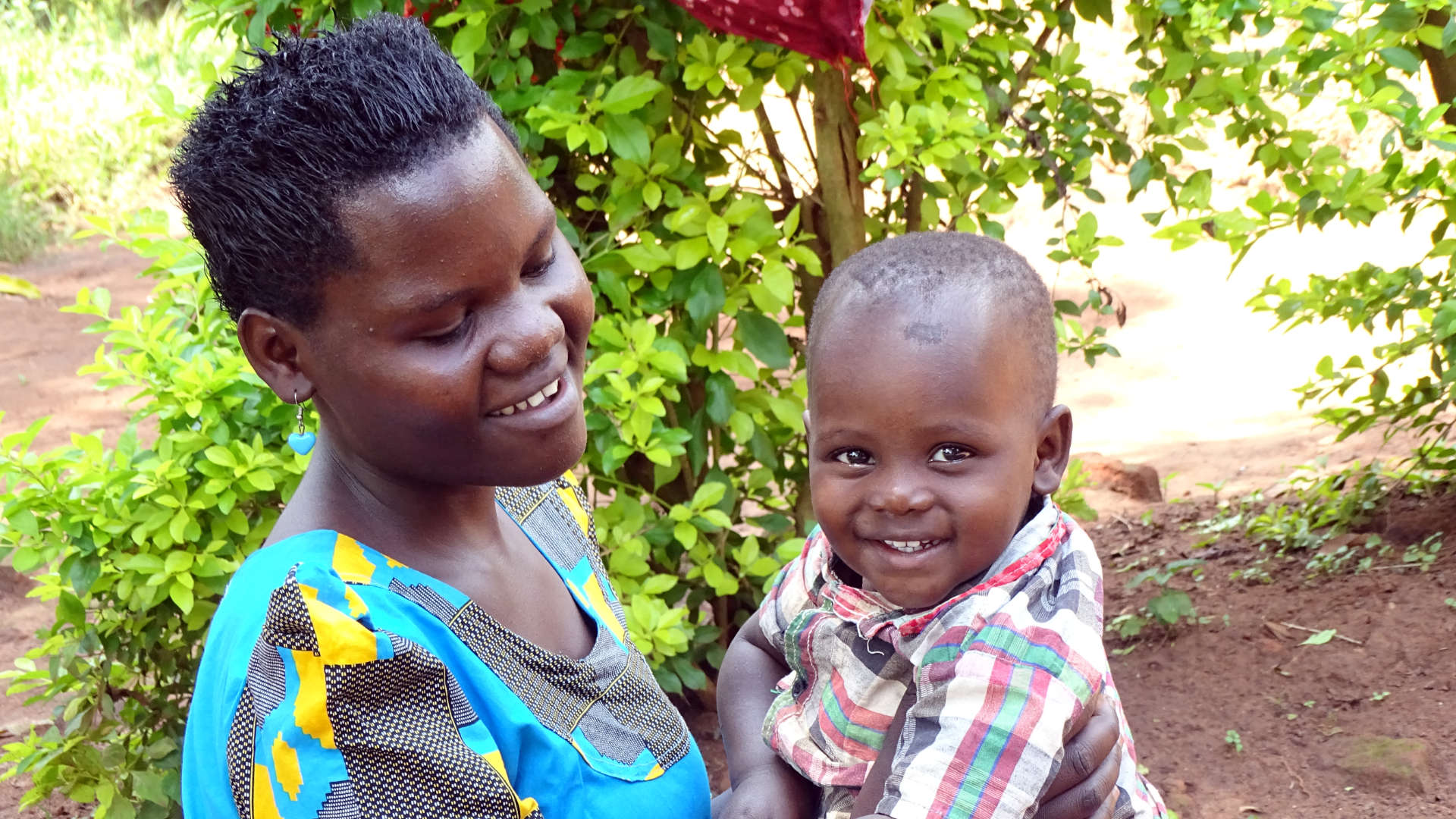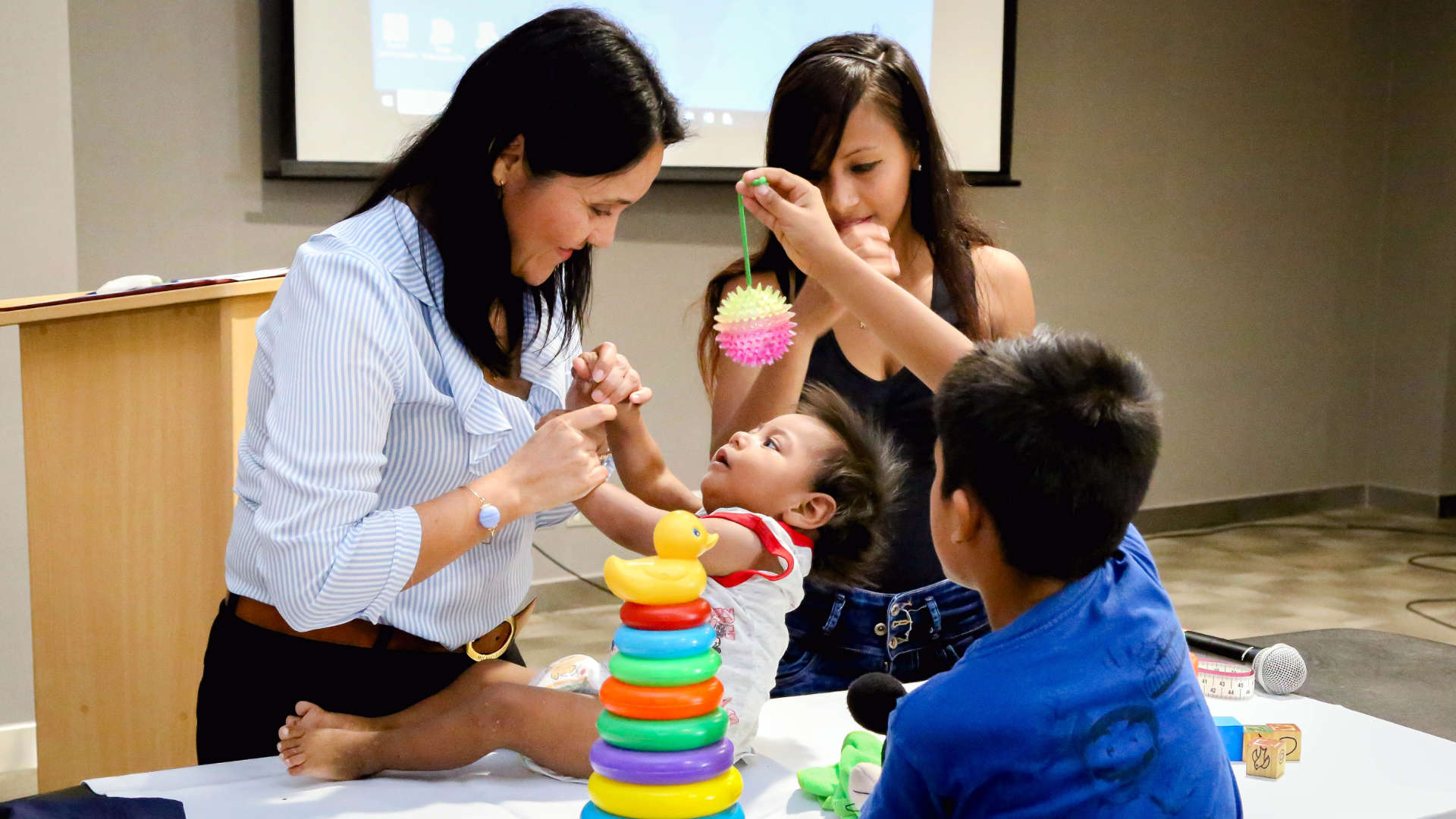As an implementation science partnership mechanism, the URC-implemented USAID Health Evaluation and Applied Research Development (HEARD) Project catalyzes improvements in health and development policy and practice through better use of evidence and data on national, regional, and global levels. Real-time improvements in health and development priorities are only possible through dissemination and cross-learning among stakeholders.
The HEARD Project supports this process by providing technical coordination for country support to champion specific policies into practice. Through local and regional partners, the HEARD Project has convened and facilitated forums for decision makers to advance policies to guidelines and locally relevant interventions.
Local Partners Facilitate National Action Plan Development
Following the Violence Against Children and Youth Survey (VACS) in Colombia in 2018 – which measures physical, emotional, and sexual violence against children and youth up to age 24 – the HEARD Project supported the Government of Colombia to create a multisectoral Pacto Nacional para Prevenir Violencia Contra Ninos, Ninas, y Adolescente (“Pacto Nacional”) to develop and implement the National Action Plan (NAP) to Prevent Violence Against Children. This steering committee included representatives from relevant government ministries, Colombia’s police force, civil society groups, and other stakeholders involved in the protection of children.
Spurred in part by the steering committee’s initiative to bring this serious issue to the forefront, the Senate of Colombia unanimously voted to approve a bill prohibiting physical punishment, cruelty, humiliation, degrading acts, and violence against children and adolescents. The HEARD Project subsequently engaged Colombia’s Instituto Colombiano para Bienestar Familial (ICBF) to develop a costing plan for the NAP and identify key programmatic gaps needing support.
Implementing a National Action Plan, Defining Objectives, and Identifying Relevant Interventions
The HEARD Project supported engagement with the Government of Colombia by facilitating the implementation of the INSPIRE Coordination Course through ICBF and University of Edinburgh’s End Violence Lab. The course, designed to support action planning prioritization, strengthened the capacity of multisectoral groups in Colombia to refine and adapt the NAP it to unique sub-national contexts.
Other countries have benefited similarly from HEARD Project expertise.
Moldova’s Ministry of Public Health already had a national action plan in place when they reached out to USAID for support. Moldova requested assistance putting the action plan into practice by creating short-term goals and specific mitigation strategies. USAID enlisted the HEARD Project’s engagement with the Ministry of Health to identify implementation goals and identify – through research – locally relevant mitigation strategies.
Convening Key Actors to Drive Data to Action
In Guatemala, the HEARD Project supported the U.S. Centers for Disease Control and Prevention (CDC)-facilitated Data-To-Action Workshop to Protect Children from Violence in August 2022. Following the workshop, attended by Guatemalan government representatives, civil society, international non-governmental organizations, and USAID and CDC representatives, the HEARD Project supported the dissemination of VACS survey results at regional levels in Guatemala.
To encourage data-to-action processes, USAID Guatemala expressed interest in leveraging the HEARD Project’s expertise in facilitating a decentralized, participatory process in which local institutions – together with local government – would ultimately lead the sharing of VACS data and identify actionable, locally relevant interventions to protect children from violence.
Such is the work of implementation science in practice. The HEARD Project has carried out the research, identified the data to drive action from that research, and worked through local actors to facilitate local change needed to change the story – a story told in numbers, with real implications for health and development. In this case, impact on the safety and well-being of children, globally.



